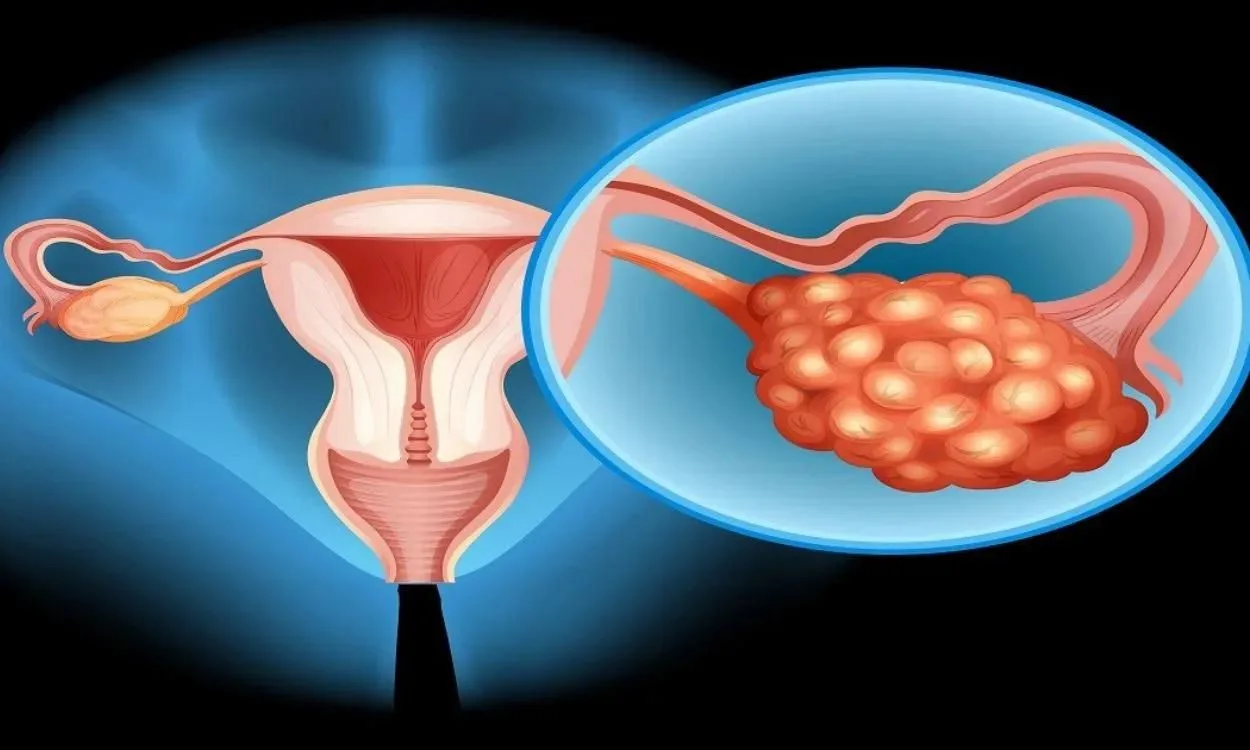How PCOD Affects Cholesterol and Triglyceride Levels
Polycystic Ovary Syndrome (PCOS) is a common hormonal disorder affecting women of reproductive age. This condition not only impacts the reproductive system but also has far-reaching effects on overall health, including metabolic disturbances. One of the key concerns associated with PCOS is its influence on cholesterol and triglyceride levels, which can have significant implications for long-term health. Understanding the relationship between PCOS and these lipid parameters is crucial for effective management and prevention of associated health risks.
The Impact of PCOS on Cholesterol and Triglyceride Levels
PCOS is characterized by hormonal imbalances, particularly involving insulin and androgens. These imbalances can lead to various metabolic abnormalities, including dyslipidemia. Research indicates that women with PCOS often exhibit higher levels of total cholesterol, low-density lipoprotein (LDL) cholesterol, and triglycerides, while also experiencing lower levels of high-density lipoprotein (HDL) cholesterol. This dyslipidemia pattern is concerning as it is a major risk factor for cardiovascular diseases.
Mechanisms Behind the Dyslipidemia in PCOS
The exact mechanisms through which PCOS influences lipid metabolism are complex and multifactorial. Insulin resistance, a hallmark feature of PCOS, plays a central role in dyslipidemia. Insulin resistance contributes to increased production of cholesterol and triglycerides by the liver, while also reducing the clearance of these lipids from the circulation. Additionally, hyperandrogenism, another characteristic of PCOS, can directly impact lipid metabolism, further exacerbating dyslipidemia.
Importance of Managing Cholesterol and Triglyceride Levels in PCOS
Given the adverse lipid profile associated with PCOS, managing cholesterol and triglyceride levels is crucial for preventing long-term cardiovascular complications. Women with PCOS are at an increased risk of developing conditions such as atherosclerosis, coronary artery disease, and stroke, making lipid management a critical aspect of PCOS treatment.
Lifestyle Interventions
Implementing lifestyle modifications is essential in the management of dyslipidemia in PCOS. A combination of regular physical activity and a well-balanced diet can help improve lipid profiles. Exercise has been shown to increase HDL cholesterol levels and reduce triglycerides, while dietary changes, such as reducing the intake of saturated fats and simple carbohydrates, can positively impact overall lipid levels.
**Medical Interventions**
In some cases, medical interventions may be necessary to effectively manage cholesterol and triglyceride levels in women with PCOS. This can include the use of lipid-lowering medications, such as statins, particularly in individuals with persistently elevated cholesterol levels despite lifestyle modifications.
Empowering Women with PCOS through Fitpaa
While managing the metabolic implications of PCOS is crucial, it can often be challenging for individuals to navigate the complexities of lifestyle and medical interventions. This is where Fitpaa, a revolutionary health and fitness app, comes into play. Fitpaa offers a comprehensive, AI-driven approach to metabolism monitoring and management, making it particularly beneficial for individuals with PCOS.
Tailored Metabolism Assessment
Fitpaa’s advanced Metabolism Monitoring Technology can provide individuals with PCOS personalized insights into their metabolic health, including how their condition may be impacting cholesterol and triglyceride levels. This tailored assessment serves as a valuable starting point for addressing the specific metabolic concerns associated with PCOS.
Personalized Fitpaa Capsule
By leveraging the latest research in Lifestyle Medicine and Behavioral Therapy, Fitpaa creates personalized health and fitness plans, known as Fitpaa Capsules, designed to optimize metabolism and address individual health goals. For women with PCOS, this means having access to a comprehensive approach that considers the unique metabolic challenges associated with the condition.
Real-time Guidance and Support
Fitpaa’s Realtime Guidance technology, rooted in cognitive behavioral therapy principles, offers continuous support and motivation, crucial for individuals managing PCOS and its associated metabolic impacts. This real-time guidance is instrumental in fostering sustainable lifestyle changes and adherence to personalized health plans.
Holistic Health Management
Beyond addressing cholesterol and triglyceride levels, Fitpaa’s holistic approach to health management encompasses nutrition therapy, exercise therapy, and cognitive behavior therapy. This comprehensive support system is invaluable for women with PCOS, as it addresses the multifaceted nature of the condition and its metabolic repercussions.
Join the Fitpaa Community Today
For women in India seeking a holistic approach to managing PCOS and its metabolic effects, Fitpaa offers a transformative solution that goes beyond traditional health and fitness apps. Empower yourself to take charge of your metabolic health and overall well-being by downloading the Fitpaa app. With Fitpaa, achieving your health and fitness goals becomes an attainable reality, backed by cutting-edge technology and a dedicated team committed to your success. Experience the difference with Fitpaa and embark on a journey towards optimized metabolic health, starting today.









